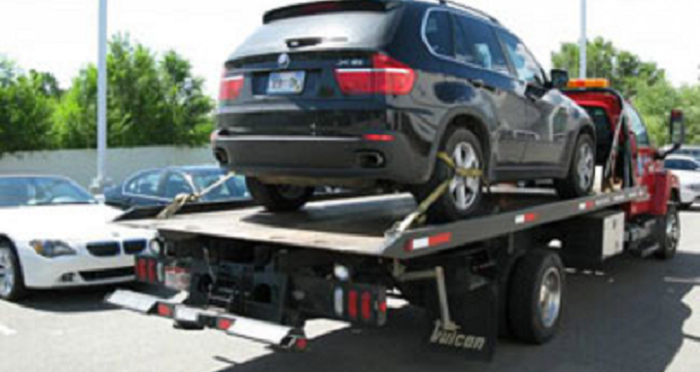
Let’s implement vehicle towing programme
There is a general feeling among Ghanaians that our roads have become death traps, judging from the number of road traffic crashes that occur every day.
As a result, many people no longer consider road travel a pleasurable experience.
The World Health Organisation (WHO) has established that about 1.25 million people die each year as a result of road traffic crashes, in spite of improvement in road safety.
In Ghana, road accidents kill about four times the number of people killed in all violent crimes (armed robbery, suicide, mob justice or actions) annually.
This is against the background that we have institutions of state such as the National Road Safety Commission, the Motor Traffic and Transport Department (MTTD) of the Ghana Police Service and the Driver and Vehicle Licensing Authority (DVLA) which are charged with the responsibility for ensuring safety on our roads.
Our roads cannot be said to be in perfect condition, but some improvement has been made, except that the pace of expansion does not match the increasing number of vehicles on our roads, resulting in a faster deterioration of the roads.
Another challenge facing us is the attitude of some road contractors whose handiwork is nothing to write home about, as the rehabilitated roads develop potholes three months after they have been handed over to the state.
The biggest problem fuelling the carnage on our roads is the disregard for road traffic regulations. Road traffic regulations prohibit drink driving, yet quite a sizeable number of those behind the steering wheel, especially commercial drivers, are always drunk.
Motorists on our roads speed and overtake other vehicles at places where they are not supposed to do so.
Now to the big issue — the danger posed by abandoned vehicles on our highways and even along streets in the cities and towns is frightening.
In the cities, for instance, owners of break-down vehicles leave the vehicles anywhere, without the metropolitan, municipal and district assemblies (MMDAs) raising a finger to correct the anomaly.
In other jurisdictions and the so-called advanced countries, the streets are not garages and so leaving break-down vehicles there attracts levies and, to some extent, fines by the court.
The most alarming aspect of this behaviour is the refusal of the drivers of break-down vehicles to warn other motorists of the danger ahead, and so vehicles crash into these break-down vehicles, leading to loss of lives and injury to others.
A recent attempt by the government to introduce a national towing programme was resisted by a section of society and commercial drivers, compelling it to put the policy on hold.
Those opposed to the programme raised issues with the mandatory towing fee for all vehicles and the monopoly to be enjoyed by Road Safety Management Services Limited (RSMSL).
The good thing is that Ghanaians see the need for a towing programme that can help clear the roads of all break-down vehicles and that alone is a good beginning.
Going forward, the Ministry of Transport should continue with the stakeholder engagement and the public education in order to get the buy-in of the public for the policy to be successful.
The Daily Graphic thinks we must do everything possible to make our roads safer by aligning our laws with best practices on seat belts, drink driving, speeding, motorcycle helmets, a towing system and respect for pedestrians.
We appeal to all to return to the drawing table and reason out the way to make the towing programme a popularly accepted policy in Ghana to help make our roads safe so that we are not accused of throwing away the bath water with the baby. The towing programme is good for road safety.
